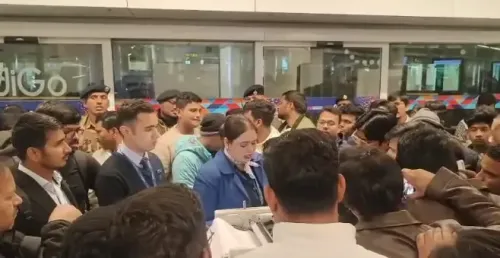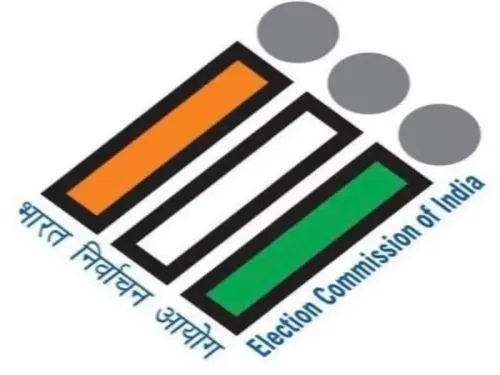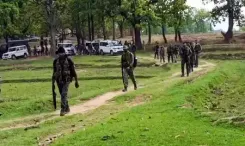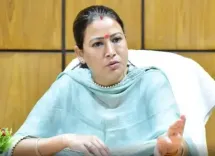What Happened in the Ukrainian Drone Attack Resulting in Four Deaths?
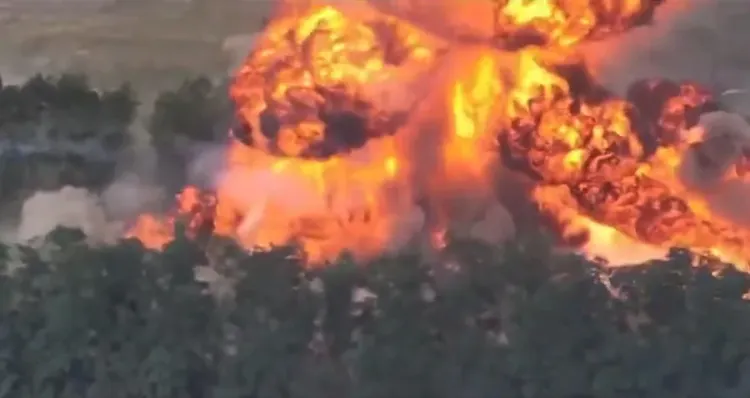
Synopsis
Key Takeaways
- Four fatalities reported in the drone attack.
- One person sustained injuries.
- Regional government to assist victims' families.
- 149 drones intercepted by air defense.
- Estonia protests over alleged airspace violation.
Moscow, Sep 20 (NationPress) A nighttime drone assault by Ukraine has resulted in the deaths of four individuals and left one person injured in the Samara region of Russia, as reported by Regional Governor Vyacheslav Fedorishchev on Saturday.
With profound regret, Fedorishchev conveyed on social media, "Four individuals lost their lives due to a nocturnal attack by enemy UAVs."
Additionally, one individual sustained injuries, and the regional administration will extend necessary assistance, including financial aid, to the victims' families, he stated.
The Russian Defense Ministry announced on Saturday that air defense systems intercepted 149 drones overnight, including 15 in the Samara region, according to the Xinhua news agency.
In another development, Russia asserted that a flight involving three Russian MiG-31 fighter jets traveling from Karelia to the Kaliningrad region complied with international aviation regulations and did not violate the airspace of any other nation.
The Defense Ministry's statement, shared on its Telegram channel on Saturday, indicated that the redeployment flight, which occurred on Friday, was pre-scheduled and conducted under objective monitoring systems, confirming that no borders were breached.
This announcement followed Estonia's Foreign Ministry summoning Russia's charge d'affaires on Friday to voice its concerns regarding what it described as an airspace violation by Russian aircraft.
The Estonian Foreign Ministry stated that "the incursion happened over the Gulf of Finland, with three Russian Federation MIG-31 fighter jets entering Estonian airspace without authorization and remaining there for a total of 12 minutes."
In response to what she labeled Russia's provocations, Estonian Prime Minister Kristen Michal indicated that Tallinn would seek NATO consultations under Article 4, which enables any NATO member to request discussions when it perceives a threat to its territorial integrity or security.


